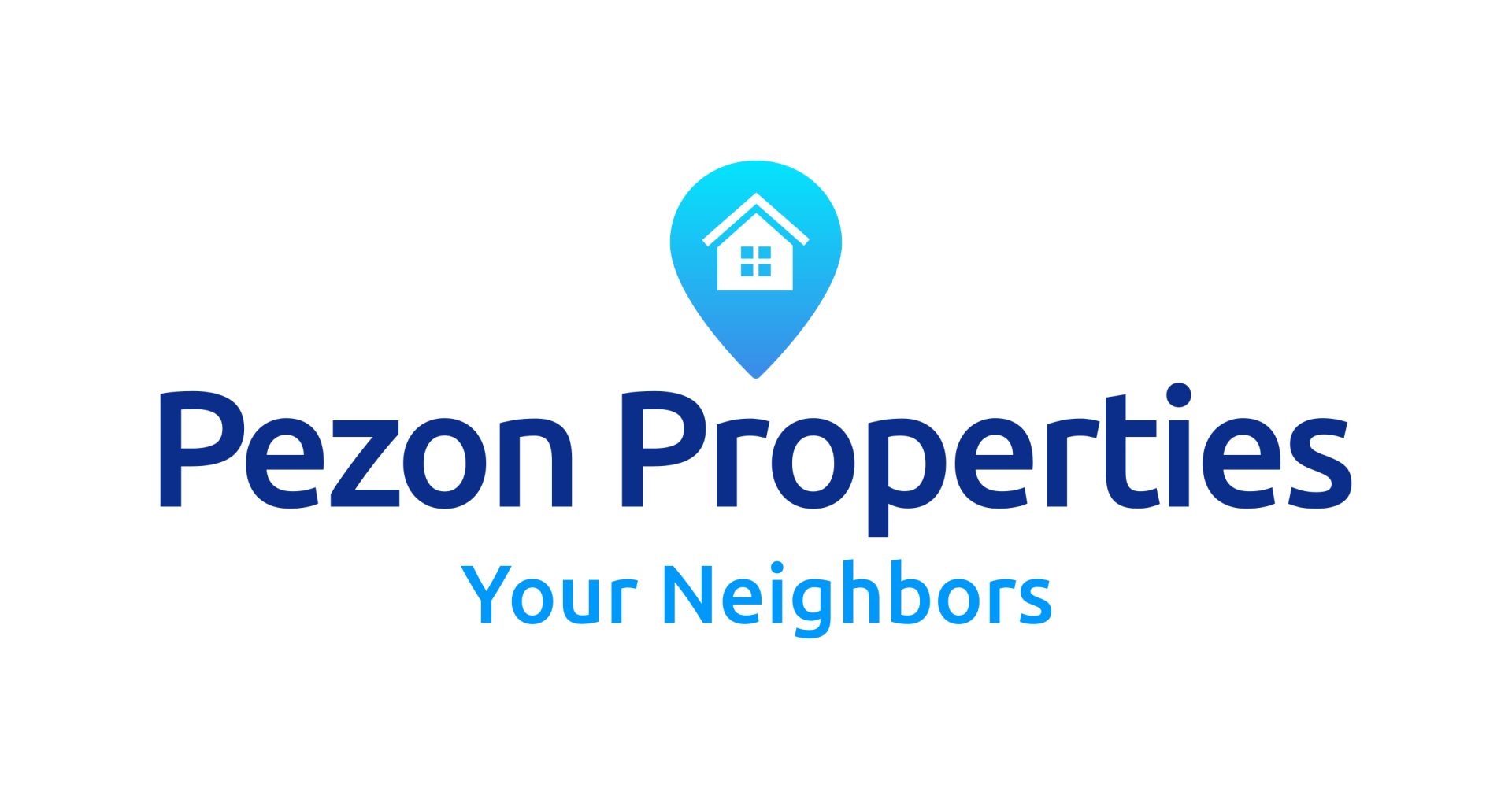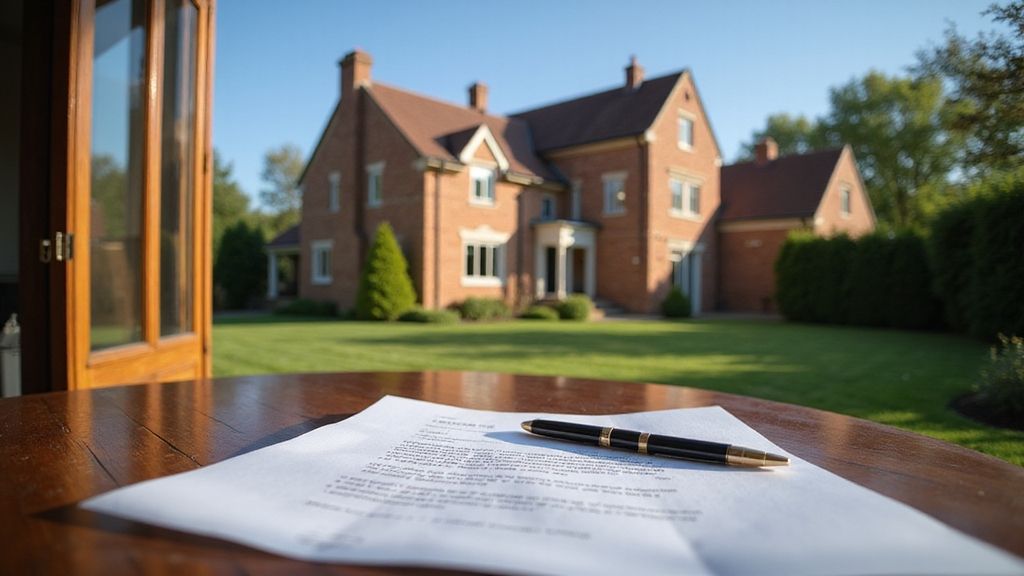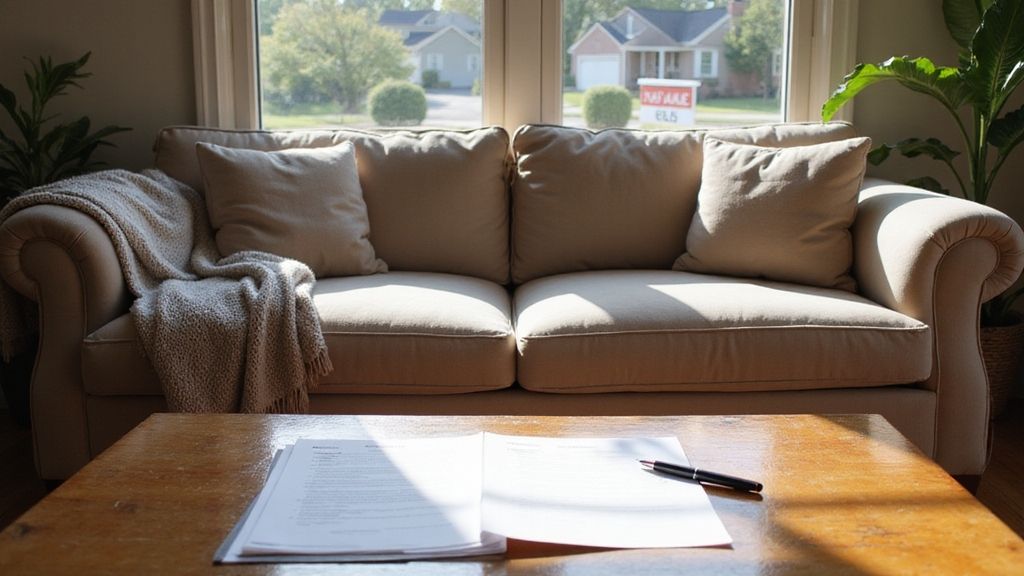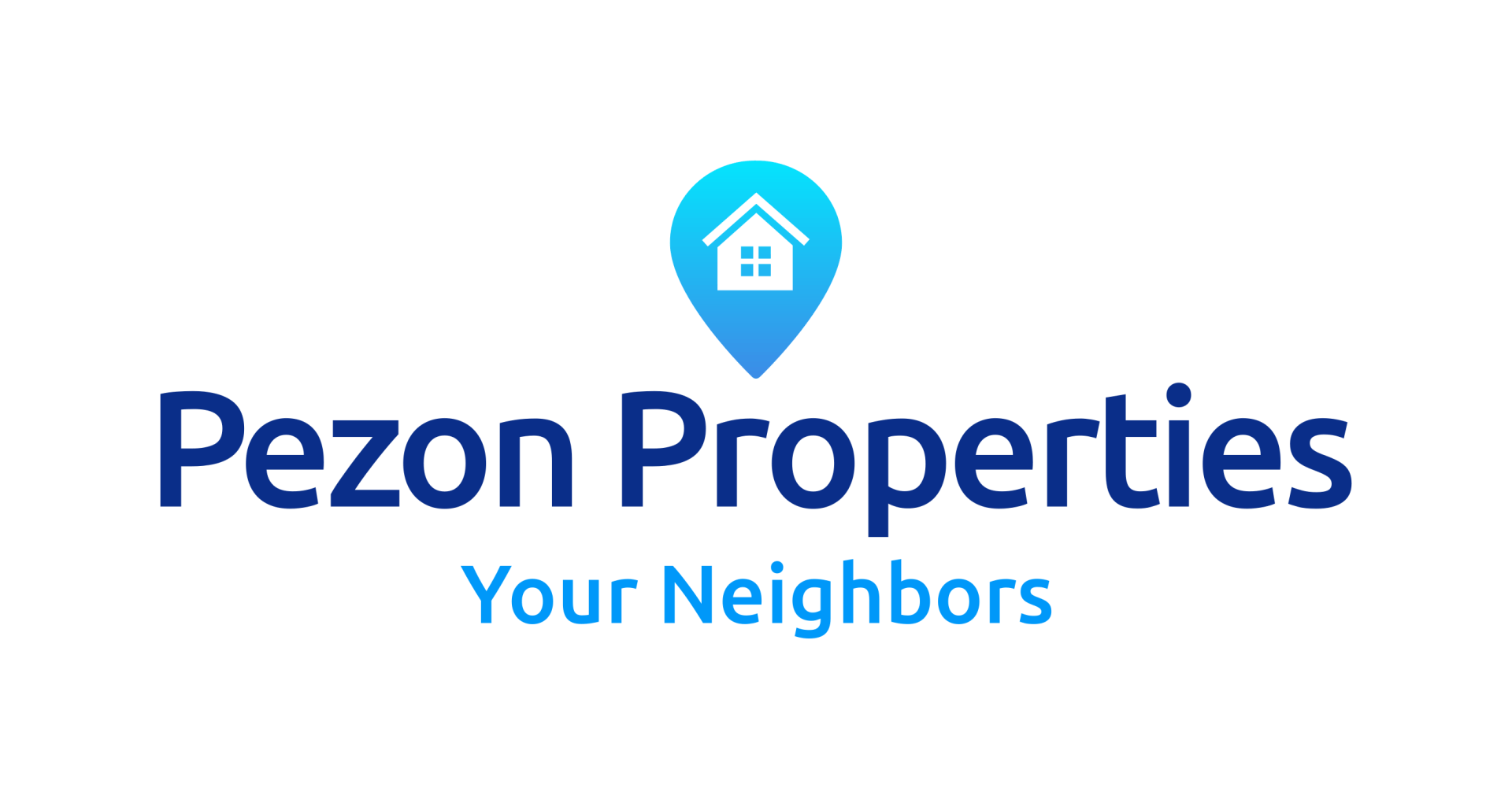Does a House Have to Be Insured to Sell?
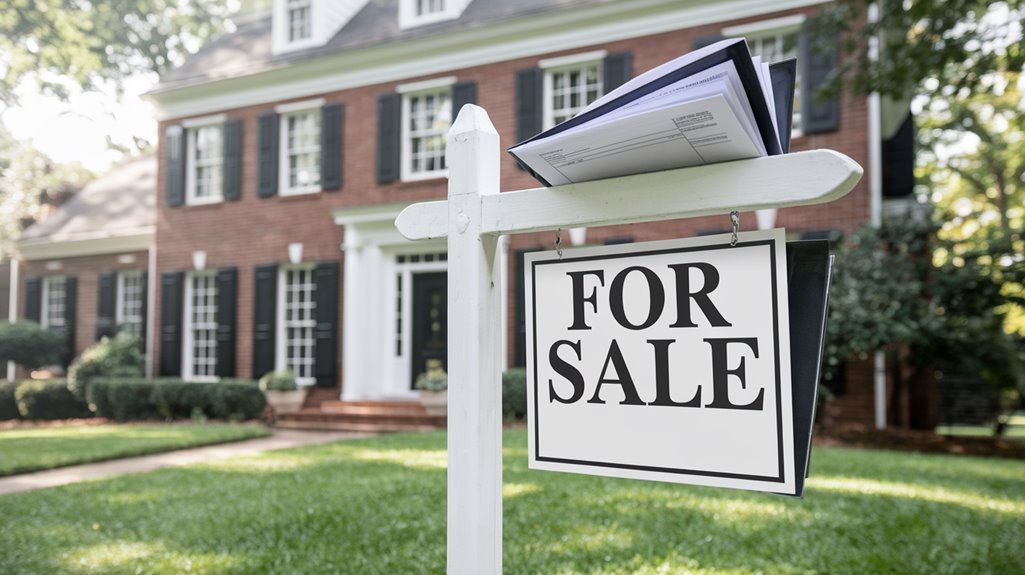
Selling a house involves numerous legal requirements and paperwork that can overwhelm any homeowner. You might feel stressed about meeting all the necessary conditions before listing your property. Many sellers worry about insurance requirements and whether they could face legal issues without proper coverage.
Missing or inadequate insurance during the home selling process creates significant risks. You could face financial losses if accidents occur during property viewings. When potential buyers visit your property, liability concerns become a real issue. No, you are not legally required to have insurance when selling your house, but it’s highly recommended for protection.
This blog explores essential insurance considerations during home sales. You will learn about coverage options and smart strategies to protect your interests throughout the selling process. This practical guide will walk you through insurance requirements and provide actionable steps for a protected home sale.
Key Takeaways
- Home insurance is not legally required to sell a house, but most mortgage lenders require it for loan approval.
- Sellers should maintain insurance until closing to protect against liability, property damage, and injuries during home showings.
- Cash buyers can purchase uninsured homes, bypassing lender requirements, but this limits the potential buyer pool significantly.
- Most purchase agreements require sellers to maintain insurance coverage until closing, even for as-is sales.
- Selling without insurance creates substantial financial risks, including potential liability for accidents and property damage during the sales process.
What Is Home Insurance?
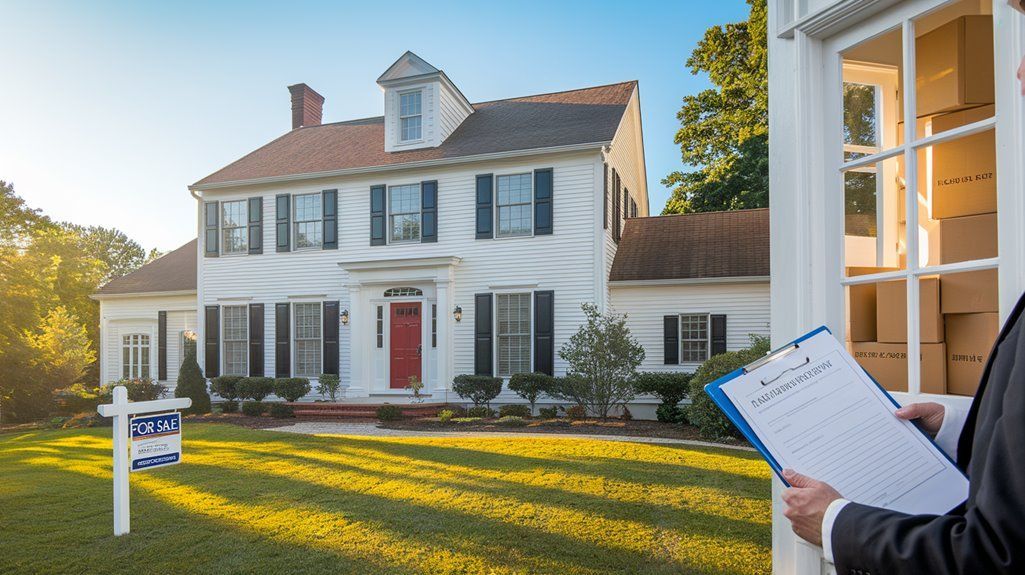
Home insurance protects homeowners through a contract with an insurance company against property losses. You will find several types of coverage in a standard home insurance policy. This coverage includes protection for your house structure and personal belongings. We offer liability coverage to protect you from lawsuits due to accidents. If your home becomes unlivable, additional living expenses coverage helps with temporary housing.
This policy’s limits show how much money you can receive for covered damages. You should match these limits to your home’s actual rebuilding costs. If you want full protection, your coverage should include the total value of your belongings. When selecting liability coverage, you must consider potential risks to visitors on your property.
Why do homeowners usually have insurance?
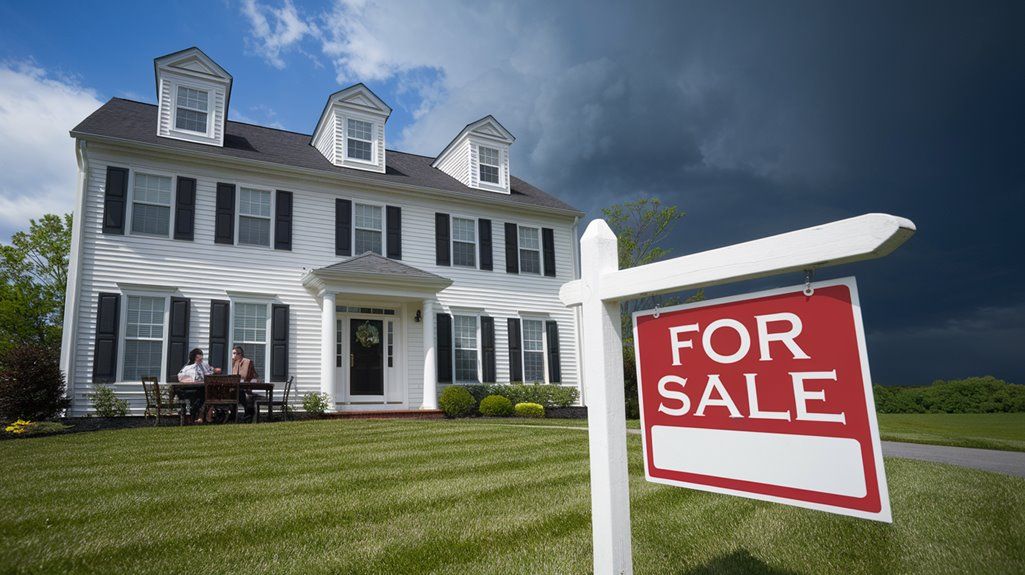
Home insurance protects homeowners from major financial losses in their valuable property investment. They need coverage against natural disasters, theft, vandalism, and property-related accidents. You can choose different types of insurance based on your protection needs. If you select comprehensive coverage, it will protect personal items and additional structures.
Most mortgage lenders require homeowners to maintain active insurance policies. This requirement helps safeguard their investment in your property. We understand that insurance brings peace of mind against unexpected events. If disasters strike, you won’t face huge repair costs or legal expenses. So, even homeowners without mortgages should maintain proper insurance coverage. This protection prevents financial hardship from property damage or liability claims.
Is Home Insurance Required to Sell a House?
Home insurance is not legally required when selling a house in most areas. You should keep your insurance active until the final closing date for protection. If prospective buyers get hurt during home tours, your insurance will protect you.
Since natural disasters can strike anytime, insurance safeguards your property until the sale completes.
When you have an existing mortgage, your lender will require continued insurance coverage. This requirement stays in effect until you pay off the loan through the home sale.
You need to work with your real estate agent about insurance timing details. If things go wrong during the sale process, proper coverage will protect your interests. It’s wise to talk with your insurance company about coverage needs during the transition.
Can you legally sell without insurance?
You can legally sell a property without insurance in most parts of the United States. The federal and state laws don’t require sellers to have insurance coverage for property sales.
We understand that selling without insurance comes with certain risks and challenges. If any damage happens before closing, you will be responsible for all costs. This situation might worry potential buyers and affect your sale chances.
You should know that most lenders require proof of insurance for mortgage approval. So, if you sell without insurance, you might only attract cash buyers. This limitation could reduce your chances of finding suitable buyers quickly.
While it’s legal to skip insurance, keeping coverage until closing protects both parties. You can avoid unexpected financial burdens by maintaining proper insurance during the sale process.
If damage occurs without insurance, you could face significant repair costs alone. Hence, many real estate experts recommend keeping insurance active throughout the selling period.
We suggest consulting with real estate professionals about insurance requirements in your area. These experts can guide you through local regulations and market expectations.
Are there exceptions to insurance requirements?
Insurance requirements may not apply in certain special property sale situations. You can find exemptions when properties are sold “as-is” or marked for demolition. These cases focus more on seller disclosure than maintaining insurance coverage.
When buyers pay in cash, they don’t need to follow standard insurance rules. You won’t need coverage during the sale if no lender is involved. We still recommend basic liability protection for property showings and visits.
If both parties agree, cash buyers can skip insurance through written documents. This option remains uncommon in most real estate deals. Some states have different rules for land contract sales and insurance needs.
Since each property is unique, you should check local laws about insurance exceptions. You will need to review state guidelines before dropping any coverage. If accidents happen during the sale, proper insurance can protect all parties involved.
What Are the Risks of Selling Uninsured?
Selling an uninsured house creates major financial dangers for everyone involved in the sale. You will face heavy costs if any damage happens during the selling period. Natural events or accidents can reduce your property value instantly.
The safety risks are equally important for property sellers. You could be liable if buyers get hurt during home tours. Thieves or vandals might damage the property before the sale closes. This situation would leave you with no protection against losses.
If you lack insurance, many mortgage companies will reject loan applications. Your chances of finding qualified buyers will drop significantly. While the law doesn’t require insurance, it protects your investment during sales. The money saved on premiums isn’t worth these serious risks.
How Does Insurance Affect Buyers?

Insurance directly impacts home buyers through mandatory requirements and financial obligations. You must meet strict insurance rules when getting a mortgage loan. Most lenders will require proof of insurance before closing. This requirement stays active until you pay off your loan completely.
Insurance costs play a key role in your monthly housing budget. You should add these expenses to your mortgage payments. If a house sits in a flood zone, your premiums might increase significantly.
The property’s location affects how much you’ll pay for coverage. A home’s past damage claims can raise your insurance rates. When properties have risks, insurance companies may limit their coverage options.
If you skip insurance payments, your lender could take serious action. So, keeping continuous coverage helps protect your investment and mortgage status.
This insurance process starts before you own the house. While transferring ownership, you need active coverage without gaps. Your mortgage agreement depends on maintaining proper insurance protection. If you choose a high-risk property, expect to pay more for insurance. You can lower costs by picking homes in safer areas.
Does Selling As-Is Require Insurance?
Insurance requirements remain necessary when selling a property as-is. You must keep valid insurance coverage during the entire sales process.
Since as-is sales only affect the property’s condition, this status won’t change your insurance obligations. You need protection against potential accidents or damages until closing day. If you have a mortgage, your lender will require continuous insurance coverage.
Most purchase agreements state that sellers must maintain insurance until the sale closes. This rule applies regardless of whether you sell traditionally or as-is. You would face serious risks if accidents happened on your property without proper coverage.
When selling as-is, the insurance protects both you and potential buyers during property viewings. So maintaining proper coverage helps create a safer transaction for everyone involved.
Can You Sell to Cash Home Buyers Without Insurance?
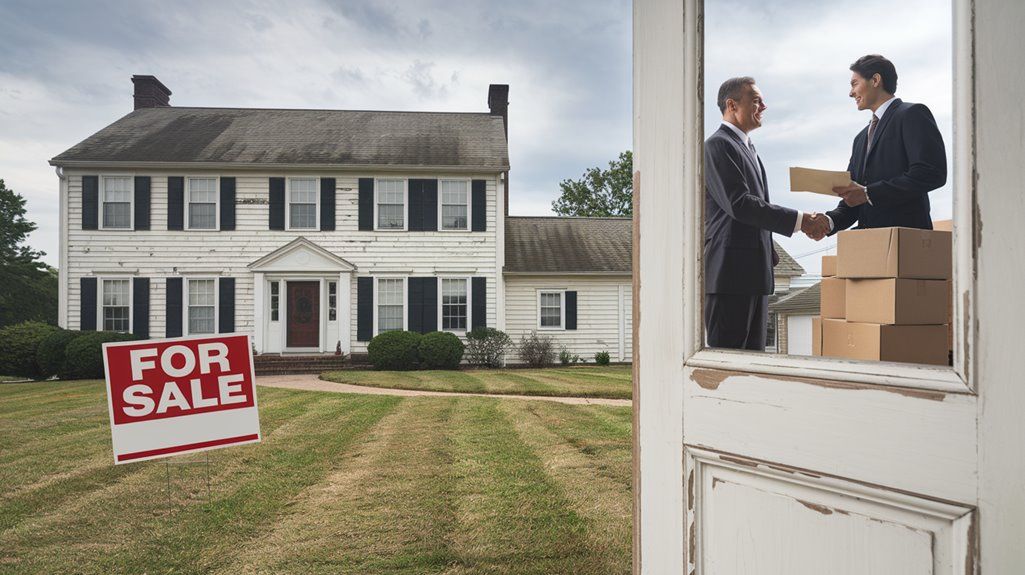
Cash home buyers often close deals without requiring traditional insurance coverage during the sale process. You can sell your property faster when dealing with cash buyers.
Since these buyers work independently, they bypass typical lender requirements. They prefer simple transactions without many conditions. If everything goes smoothly, you might close the deal within days.
The benefits of selling without insurance to cash buyers include:
- You will save time with quick closings.
- This approach reduces your ongoing property expenses.
- Your transaction costs stay lower without insurance fees.
- These deals offer more room for negotiation.
We still recommend keeping your existing insurance until the sale completes. You should protect yourself against potential risks during property visits. While cash buyers speed up the process, basic protection remains important. If accidents happen during viewings, your insurance will cover any damages.
When the sale concludes, you can cancel your insurance policy. This timing helps avoid any coverage gaps. You must wait until ownership transfers officially. So, you remain protected throughout the entire selling process.
How to Sell a House without Insurance to Cash Home Buyers
Cash home buyers purchase houses without insurance through a direct and simplified process. You must first tell buyers clearly that your house has no insurance coverage. This step needs proper documentation to avoid future issues.
We recommend researching trusted cash buying companies that buy properties as-is. You should collect all papers that show your clear ownership of the property. It’s essential to list any existing liens on the house.
This process requires a detailed report about your property’s current condition. If you include photos and describe known problems, buyers will trust you more. Your purchase contract must clearly state that the house is uninsured.
When dealing with cash buyers, a real estate lawyer can protect your interests. You will need proper legal papers to avoid future problems. So, keep all emails, messages, and agreements with your buyer safely stored.
If you follow these steps carefully, the sale process will move smoothly. While some buyers might hesitate, many cash buyers accept uninsured properties. Since cash sales happen faster, you can complete the deal quickly.
Ready to Sell Your Insured House in Pennsylvania?
Many buyers seek properties in key Pennsylvania markets like Elizabethtown, Emmaus , Ephrata, Exeter Township, and Fleetwood. You must understand several insurance factors before listing your house for sale. Since insurance plays a vital role, we recommend following specific steps.
Key Steps for Selling Your Insured Property:
- You should check your current policy details before starting the sale process.
- This policy must remain active until the final closing date.
- If you have made improvements, you must document them for insurance purposes.
- Your insurance company needs to know about your plans to sell.
While preparing to sell, these insurance considerations will protect your interests:
- We recommend keeping detailed records of all insurance communications.
- You must maintain full coverage throughout the selling period.
- If damage occurs during showings, your active policy will protect you.
- The policy transfer process should align with your closing schedule.
Your property stays protected when you follow these insurance guidelines. The right coverage will support a smooth sale process. So, you can focus on finding the right buyer. This approach ensures both you and your property remain secure.
Give us a call anytime at 484-484-0971 or fill out this quick form to get started today!
Get A Fair Cash Offer On Your House

About the author
Mathew Pezon
Mathew Pezon is the founder and CEO of Pezon Properties, a cash home buying company located in Lehigh Valley, Pennsylvania. With several years of experience in the real estate industry, Mathew has become a specialist in helping homeowners sell their properties quickly and efficiently. He takes pride in providing a hassle-free, transparent, and fair home buying experience to his clients. Mathew is also an active member of his local community and is passionate about giving back. Through his company, he has contributed to various charities and causes.


